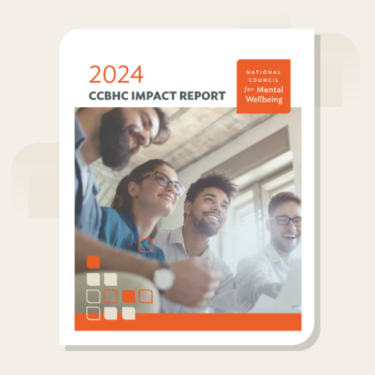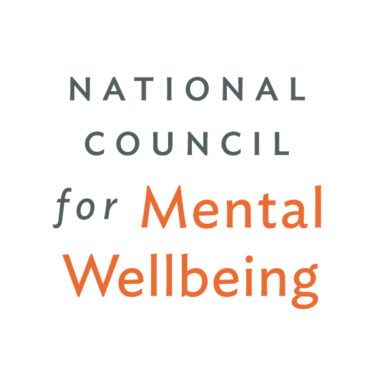For many providers, the COVID-19 pandemic provided an unexpected opportunity to launch new telehealth services or further develop existing telehealth initiatives. Changes in state and federal telehealth regulations since the beginning of the COVID-19 pandemic have accommodated those changes. As a result, barriers to access have been largely eliminated and people are receiving vital behavioral health care treatment and services. The Mental Health Liaison Group, which includes the National Council for Mental Wellbeing and many other national organizations, today submitted a letter to Seema Verma, administrator of the Centers for Medicare and Medicaid Services, requesting the agency extend the temporary changes regulating telehealth.
President and CEO Chuck Ingoglia said, “CMS eliminated many barriers to access with its meaningful regulatory changes. We have seen how efficient telehealth services can be. Now it’s time to ensure we eliminate those barriers once and for all by loosening telehealth restrictions permanently.”
###
About the National Council for Mental Wellbeing
The National Council for Mental Wellbeing is the unifying voice of America’s health care organizations that deliver mental health and addictions treatment and services. Together with our 3,326 member organizations serving over 10 million adults, children and families living with mental illnesses and addictions, the National Council is committed to all Americans having access to comprehensive, high-quality care that affords every opportunity for recovery. The National Council introduced Mental Health First Aid USA and more than 2 million Americans have been trained.
About The National Council
Founded in 1969, the National Council for Mental Wellbeing is a membership organization that drives policy and social change on behalf of over 3,400 mental health and substance use treatment organizations and the more than 10 million children, adults and families they serve. We advocate for policies to ensure equitable access to high-quality services. We build the capacity of mental health and substance use treatment organizations. And we promote greater understanding of mental wellbeing as a core component of comprehensive health and health care. Through our Mental Health First Aid (MHFA) program, we have trained more than 3 million people in the U.S. to identify, understand and respond to signs and symptoms of mental health and substance use challenges.



